The World Health Organization (WHO) and the World Food Programme (WFP) in 2023 recognized Kenyan icons championing the fight against tobacco.
Notably, in a resounding tribute to those at the forefront of battling the tobacco menace, WFP and WHO recognized remarkable individuals championing the cause.
Among these heroes stands Sarah Ikarot Papa, a beacon of hope from the Western Kenyan County of Busia.
Ikarot is a former tobacco farmer, whose remarkable journey and fight against tobacco has earned her international acclaim.
Transitioning from Tobacco to Triumph
Sarah’s tale of resilience unfolds against the backdrop of Busia County.
Also, along with over 2500 farmers across four Kenyan counties, she has chosen a path less trodden.
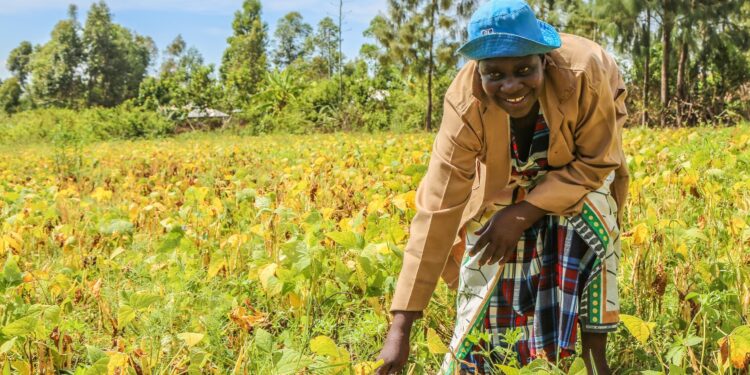
It is a path paved by the Tobacco-Free Farms initiative, a beacon of change in the heart of Kenyan agriculture.
This initiative is a collaboration between WHO, WFP, the Food and Agriculture Organization of the United Nations (FAO), and the Kenyan government.
Notably, it endeavors to break the chains of tobacco farming, replacing it with alternative livelihoods.
Tobacco-Free Farms: Kenyan Initiative
March 2022 subsequently marked the genesis of the Tobacco-Free Farms Project in Kenya.
Led by the Ministry of Health, the initiative was designed to liberate farmers from the shackles of risky tobacco cultivation and guide them toward more sustainable crops.
Also Read: Meet the Kenyan Lady Who is an MP in Switzerland
In addition, the initiative aimed at improving the health of the farmers and their families, reducing medical expenses.
“The project is a major shift towards attaining a healthy nation and the ministry fully supports such ventures,” said former Health Cabinet Secretary Mutahi Kagwe.
Furthermore, it seeks to create a nurturing ecosystem for crop production and marketing, further fostering a seamless transition for farmers like Sarah.
Recognition of Sarah’s Valor
Sarah’s journey from tobacco to high iron beans has not only transformed her family’s life but also become a beacon of inspiration for her community.
Nevertheless, her resilience in the face of adversity caught the attention of the WHO.
Notably, the global health organization recognized her efforts as a testament to the success of the Tobacco-Free Farms initiative.
Introduced to tobacco farming in 2000 by her husband, the Kenyan faced insurmountable challenges that echoed through her family’s struggle.
With tobacco farming demanding extensive manual labor and poisoning both soil and water bodies, the toll on Sarah’s family was profound.
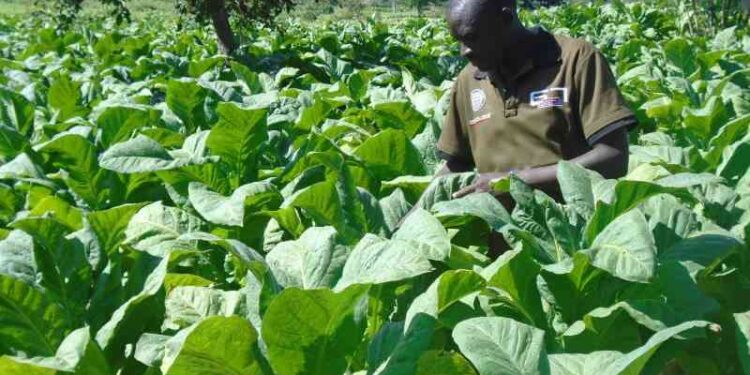
Her son, Allan Ojolong Papa, further echoes the difficulties of tobacco farming and its impact on education.
“At times, my dad would stop us from going to school so that we work in the farms. It was so discouraging,” he admits.
Yet, in those moments of doubt, a resolve emerged within him.
“I would think to myself, well, if I don’t do this, I won’t be able to go to school, and I’ll be chased away,” Allan reflects. “This is what I used to pay my fees.”
Also Read: Kenyan Named 9th Most Powerful Black Person in the UK
Recognizing the need for change, Sarah embraced high iron bean farming through the Tobacco-Free Farms initiative.
Empowerment Through Alternatives
The initiative not only provides a supportive environment for farmers transitioning away from tobacco but also ensures access to inputs, training, and market opportunities.
Sarah’s shift to high iron beans resulted in a bountiful harvest, enabling her to support her daughter’s education and clear her son’s school fees.
On the other hand, the transformative power of this initiative goes beyond economic gains.
It further offers a locally produced, healthy crop that nourishes both her family and community.
Sarah, now a vocal advocate for high iron beans, underscores the dual benefits of her chosen crop—a source of sustenance and income.
Furthermore, the quicker return-on-investment and nutritional value stand in stark contrast to the challenges posed by tobacco farming.
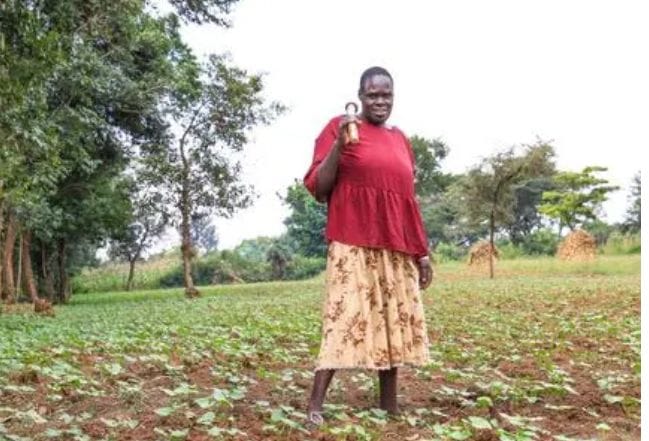
Through her advocacy, Sarah hopes to empower others to embrace alternatives that promise financial prosperity and food security.
A Kenyan and Global Crisis: Tobacco Menace Unveiled
However, the fight against tobacco is not just a local battle but a global crusade.
WHO reports staggering statistics, with more than 6,000 Kenyans succumbing to tobacco-related diseases annually.
Nevertheless, an estimated 220,000 Kenyan children and 2,737,000 adults use tobacco daily in the country.
Also Read: Smoking Taxes for Better Health and Development
According to the global stats, tobacco use, and exposure contribute to over 8 million deaths worldwide each year.
Notably, with over one million of the deaths resulting from exposure to secondhand smoke, these harrowing figures underscore the urgency of initiatives like Tobacco-Free Farms.
Tobacco-Free Farms: Breaking Chains, Building a Future
The WFP sheds light on the alarming impact of tobacco farming globally.
According to the humanitarian organization, about 349 million people face food insecurity.
Additionally, more than 124 countries cultivate tobacco with about 3.2 million hectares of fertile land diverted to tobacco farming.
The Tobacco-Free Farms initiative emerges as a beacon of hope, steering farmers away from the shadows of tobacco.
In addition, it aims at fostering financial prosperity, heralding a future where agriculture is both economically viable and environmentally sustainable.
In the heart of Busia County, Sarah’s story unfolds not just as a personal triumph but as a symbol of collective resilience against the tobacco menace.
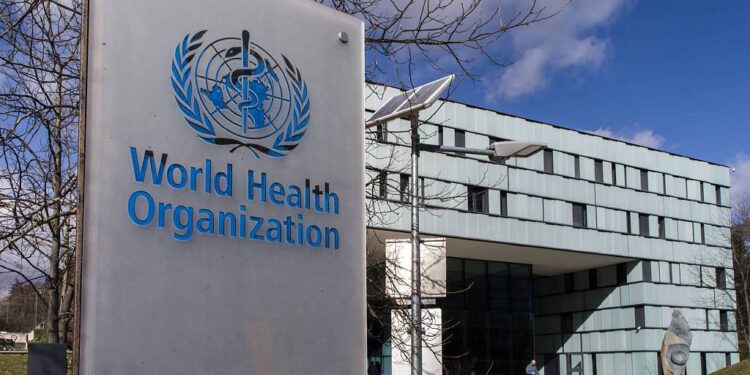

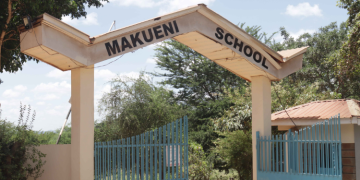
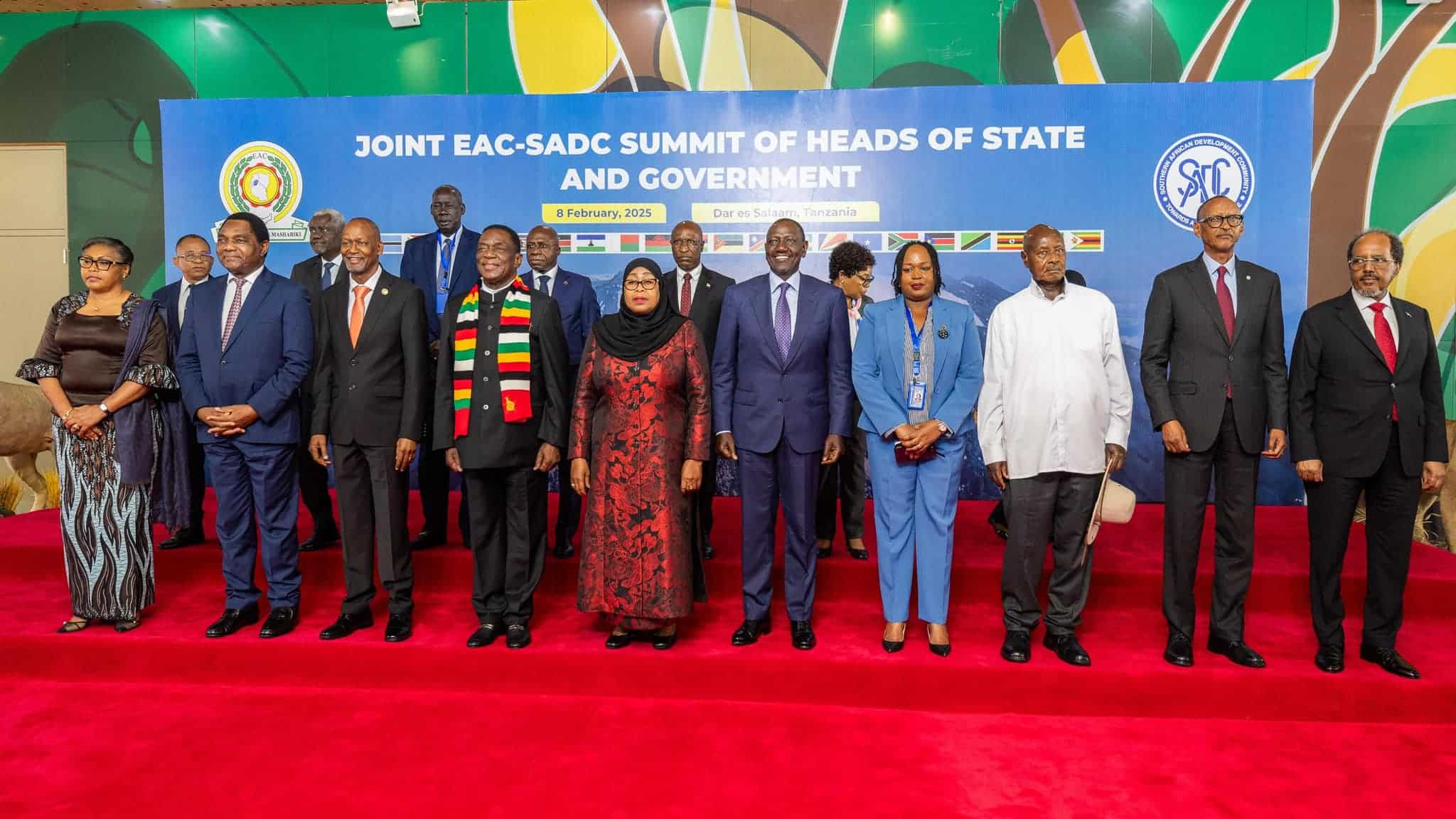
![Debate Rages Over Proposed Increase In Legal Drinking Age [Video] Nacada Raises Legal Drinking Age From 18 To 21]( https://thekenyatimescdn-ese7d3e7ghdnbfa9.z01.azurefd.net/prodimages/uploads/2025/07/beer-360x180.jpg)


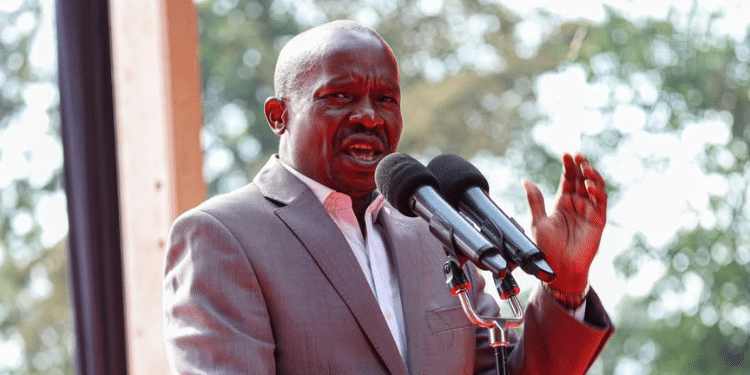
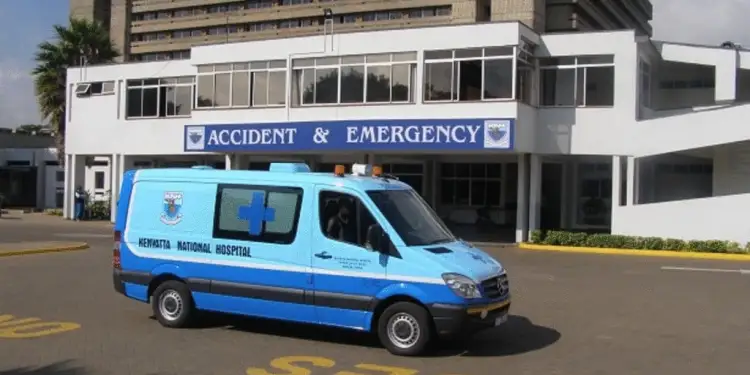
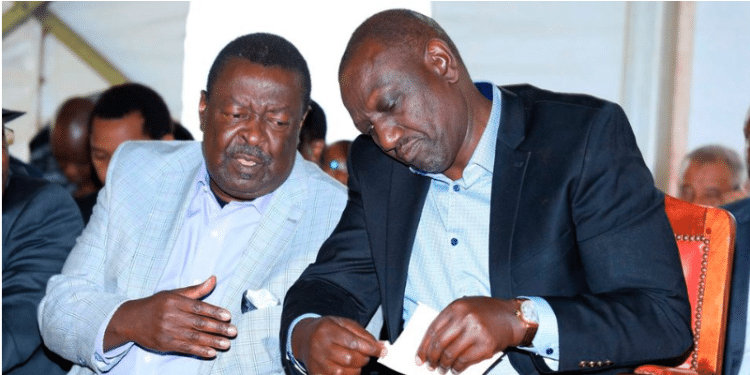








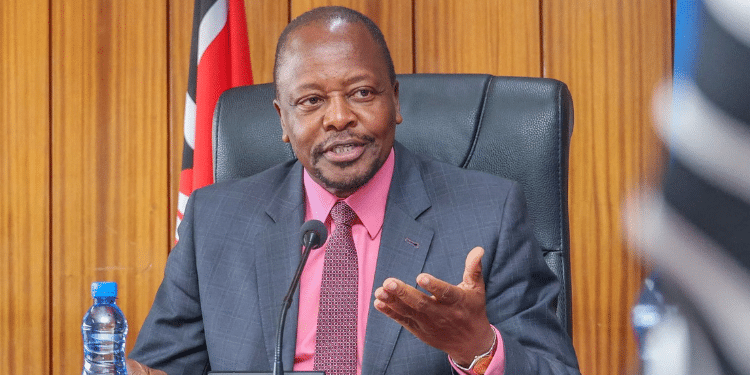



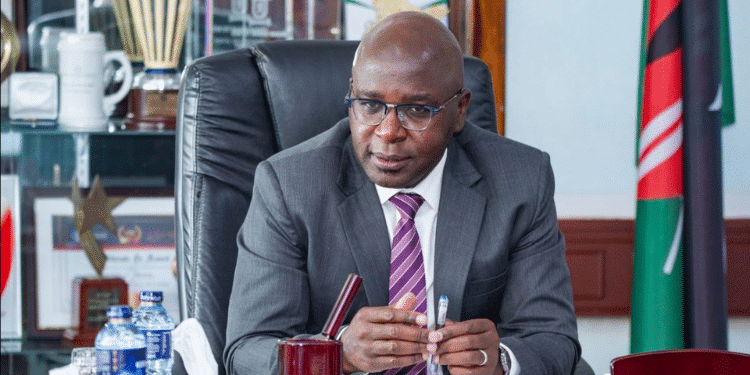
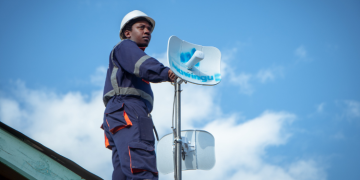
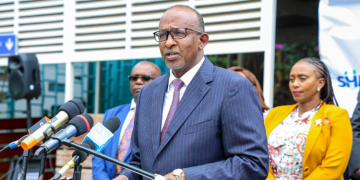
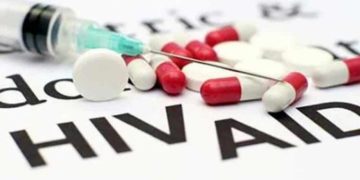






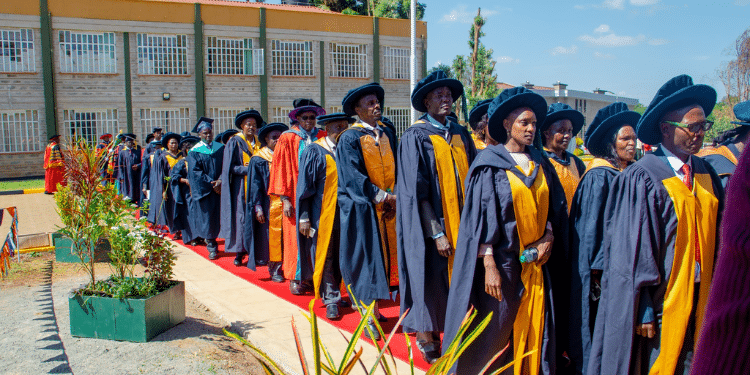
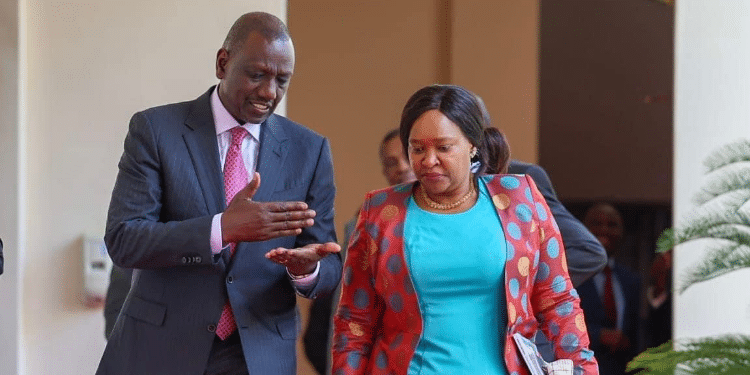






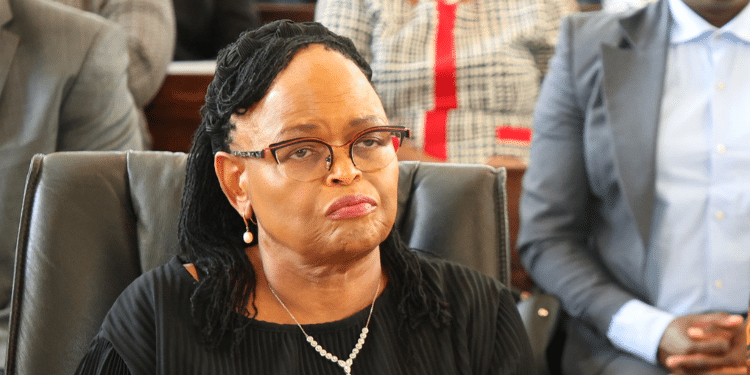
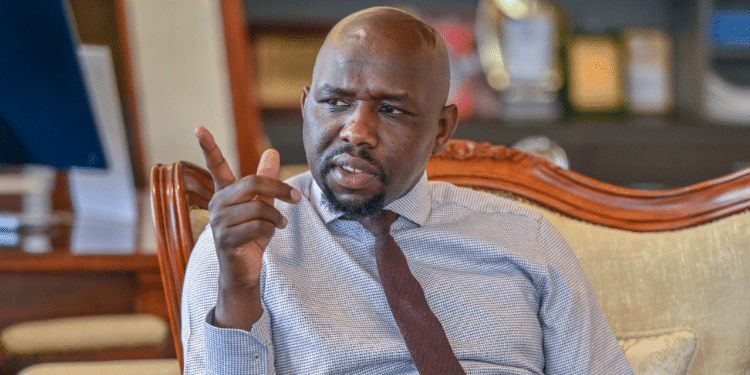
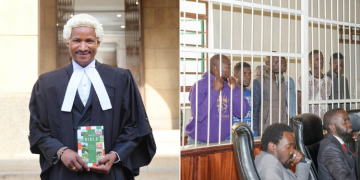









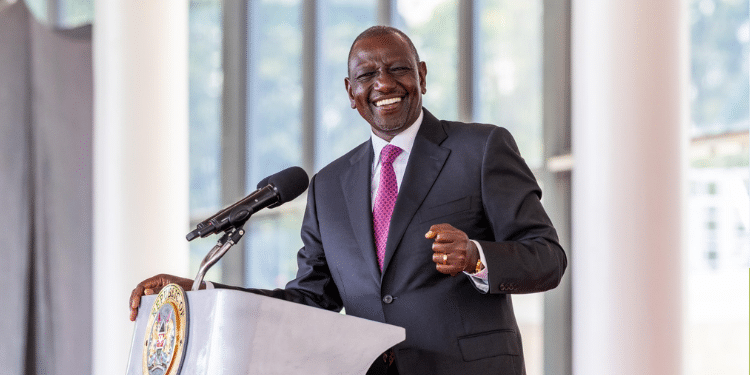





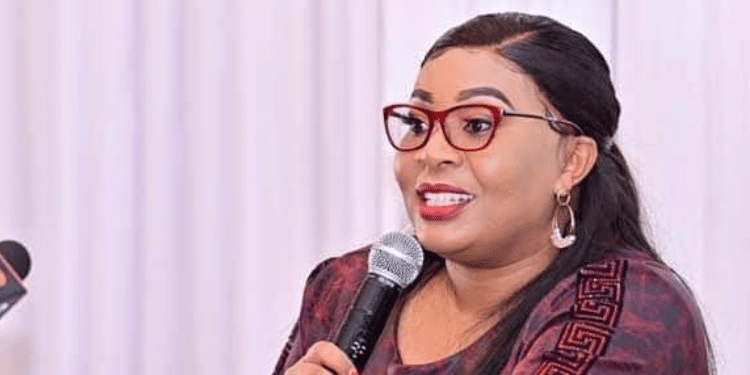




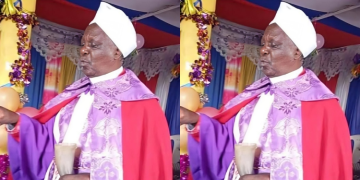
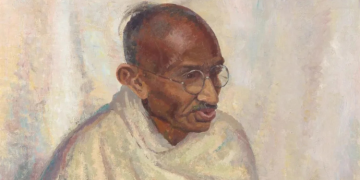







![Debate Rages Over Proposed Increase In Legal Drinking Age [Video] Nacada Raises Legal Drinking Age From 18 To 21]( https://thekenyatimescdn-ese7d3e7ghdnbfa9.z01.azurefd.net/prodimages/uploads/2025/07/beer-120x86.jpg)